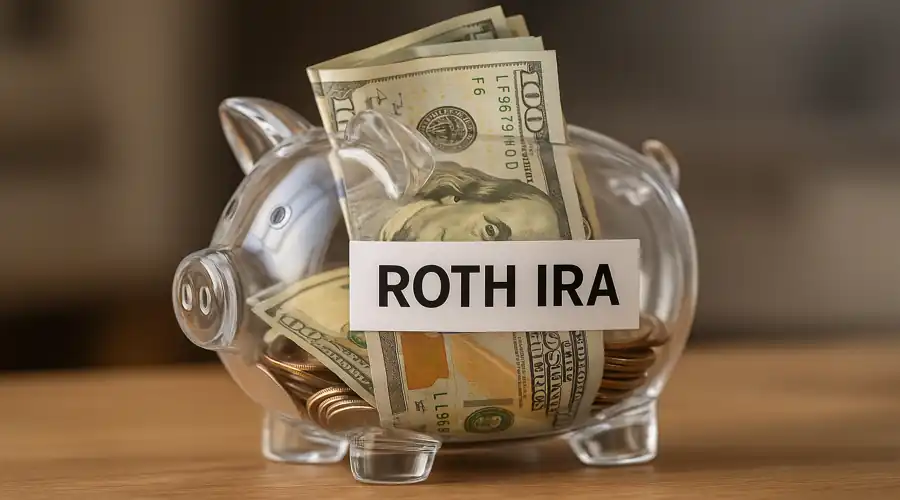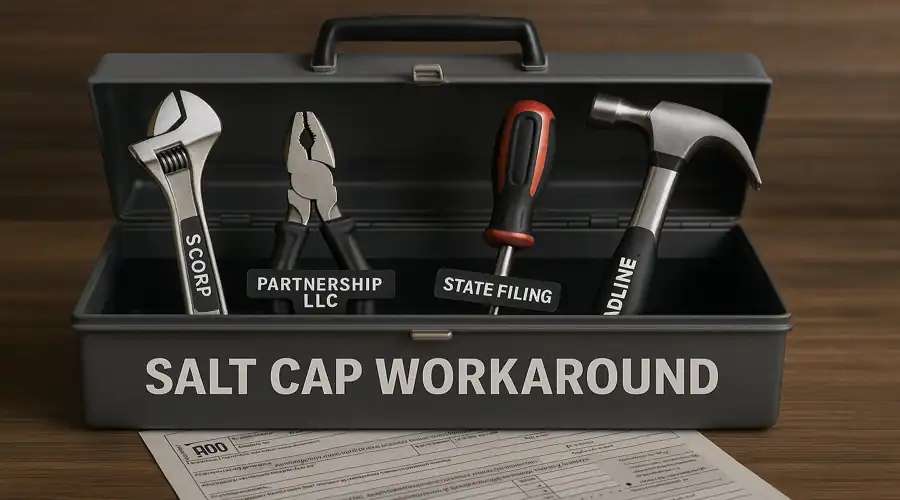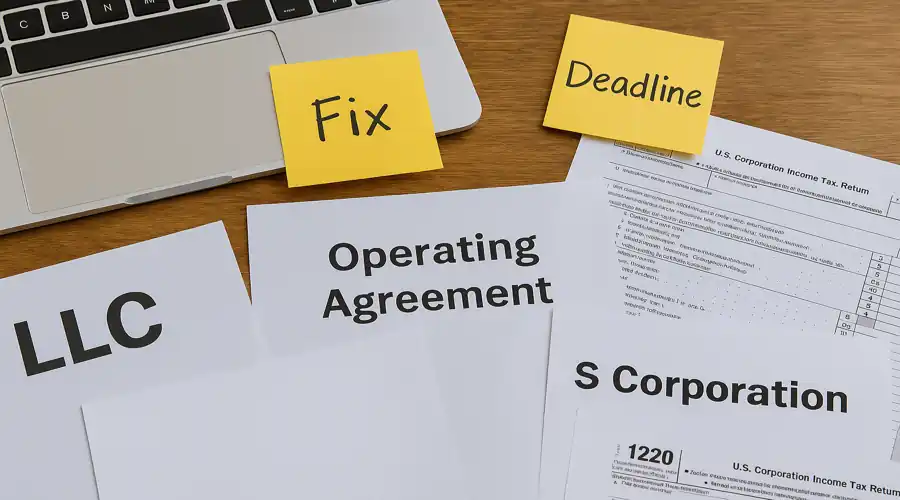If you’re navigating the tax industry—either as a professional looking to expand your expertise or a taxpayer seeking the right assistance—you might be wondering whether to hire a tax preparer vs CPA.
While both professionals help individuals and businesses with taxes, their qualifications, services, earning potential, and authority vary significantly. Below, we break down the key differences between a tax preparer and CPA to help you determine which path suits your needs best.
1. What is the Difference Between a Tax Preparer and a CPA?
The biggest difference between tax preparer and CPA is education, certification, and the services they provide.
- Tax preparers focus on preparing and filing tax returns. They do not need a formal degree, though some take training courses.
- CPAs must have a bachelor’s degree, pass the CPA exam, and meet state licensing requirements. They are trained in accounting, auditing, tax planning, and financial consulting.
If you need simple tax filing, a tax preparer can handle it. But if you need financial advice, tax planning, or IRS representation, a CPA is a better choice.
2. Can a Tax Preparer File Taxes for a Business?
Yes, but with limitations.
- Tax preparers can file business tax returns for small businesses, freelancers, and self-employed individuals.
- Enrolled Agents (EAs) have additional certification and can represent businesses before the IRS.
- CPAs can handle complex business tax situations, offer tax planning, and provide long-term financial strategy.
If you own a business and need more than just tax filing, a CPA is the better choice.
3. How Do the Qualifications of a CPA Compare to a Tax Preparer?
- Tax preparers do not need a degree and typically complete training programs or become Enrolled Agents (EAs). Their main job is to file tax returns accurately.
- CPAs must earn a bachelor’s degree, pass the CPA exam, and meet state licensing requirements. This allows them to offer tax planning, auditing, and business consulting.
- Only CPAs, EAs, and tax attorneys can fully represent clients before the IRS.
If you need tax filing only, a tax preparer works fine. If you need financial planning or IRS representation, a CPA is a better investment.
4. Do CPAs Charge More Than Tax Preparers?
Yes. CPAs generally charge higher fees because they offer more services and have extensive training.
- Tax preparers charge between $150 and $400 per return, depending on complexity.
- CPAs charge between $500 and $2,000 or more, especially for business tax planning and consulting.
If you need a simple return, a tax preparer is a cost-effective option. If you want tax strategy or business advice, paying more for a CPA can save money in the long run.
5. Is a Tax Preparer a CPA?
No, a tax preparer is not a CPA unless they have completed the required education, passed the CPA exam, and obtained state licensure. A CPA has a much broader skill set and can provide financial advisory services beyond tax preparation.
6. Which is Better for Tax Filing, a CPA or a Tax Preparer?
It depends on your needs:
- Use a tax preparer if you just need a basic tax return filed with no complications.
- Hire a CPA if you need tax planning, audit support, financial consulting, or business tax strategy.
Final Thoughts: Should You Choose a CPA or a Tax Preparer?
Again, it depends on what you’re looking for and goals you’re looking to achieve.
- For simple tax returns, a tax preparer is a great choice.
- For complex tax situations, a CPA offers more expertise and long-term financial benefits.
BONUS: Become a Main Street Certified Tax Advisor
For tax professionals looking to elevate their career, becoming a Main Street Certified Tax Advisor offers unparalleled advantages:
Higher Earnings – Offer advisory services and charge premium rates.
Professional Network – Gain access to mentorship, client referrals, and education.
Specialized Knowledge – Master tax planning, small business consulting, and financial strategy.
Want to boost your earning potential and career stability? This is where you start!
Learn more about becoming a Main Street Certified Tax Advisor and take the next step toward professional success. Call 520-800-0986 or schedule your FREE discovery call with our friendly team today!
REMINDER: Don’t forget to pick up your FREE tax guide today and learn how to build a profitable business/practice.









